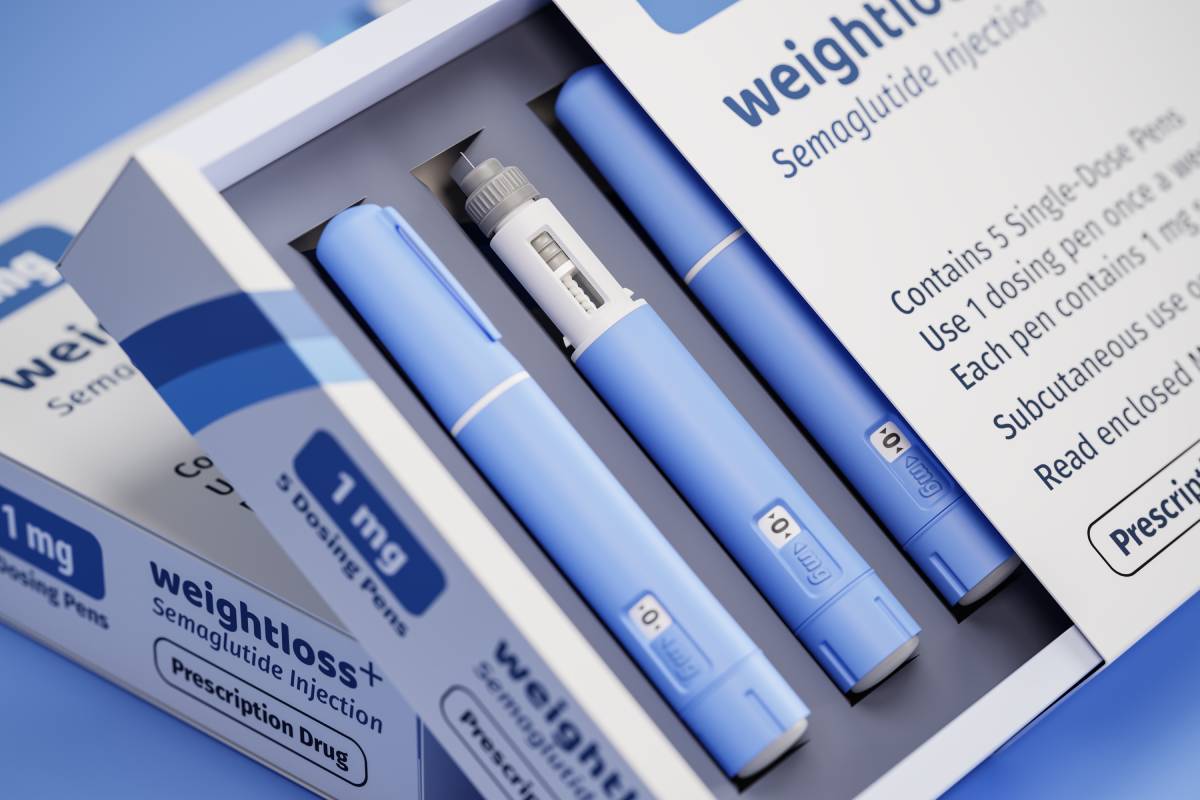Updated Guidance on Anesthesia for Patients Taking GLP-1 Agonists

Glucagon-like peptide-1 (GLP-1) receptor agonists, such as semaglutide (Ozempic®, Wegovy®) and liraglutide (Saxenda®, Victoza®), are increasingly prescribed for managing type 2 diabetes and facilitating weight loss. These medications function by delaying gastric emptying, which can lead to gastrointestinal side effects like nausea and vomiting. This delay poses potential challenges during anesthesia, particularly concerning the risk of regurgitation and pulmonary aspiration during procedures requiring general anesthesia or deep sedation. As more data have emerged on GLP-1 agonists, medical societies and committees have continued to update guidance on caring for patients under anesthesia who are using these medications.
The American Society of Anesthesiologists (ASA) has provided consensus-based, updated guidance to address concerns about anesthesia for patients taking GLP-1 agonists. The recommendation for daily GLP-1 agonists is that patients should withhold their daily GLP-1 agonist dose on the day of the procedure. For weekly GLP-1 agonists, patients are advised to skip their weekly dose one week prior to the scheduled procedure.
These recommendations apply regardless of the medication’s indication, dosage, or the type of procedure planned. For patients using GLP-1 agonists to manage diabetes, it’s crucial to consult with an endocrinologist to develop an alternative plan to maintain blood glucose control during the period the medication is withheld.1
On the day of the procedure, healthcare providers should evaluate gastrointestinal symptoms. If a patient exhibits significant gastrointestinal symptoms such as severe nausea, vomiting, or abdominal bloating, they may consider postponing elective procedures. Providers should discuss the potential risks of regurgitation and aspiration with both the patient and the surgical team. Healthcare providers should also assess medication adherence. If the patient has not withheld the GLP-1 agonist as recommended but is asymptomatic, it is imperative they proceed with caution and implement ‘full stomach’ precautions or utilize gastric ultrasound to assess residual gastric contents when feasible. If the stomach contains significant contents or if assessment is inconclusive, healthcare providers should consider delaying the procedure or manage the patient as having a ‘full stomach.’1
In October 2024, a multi-society clinical practice guideline suggested that most patients could continue their GLP-1 agonist therapy before elective surgery. However, for those at higher risk of gastrointestinal side effects, a clear liquid diet for 24 hours prior to the procedure was recommended.2 Additionally, a study presented at a gastroenterology meeting found no increased risk of aspiration for patients who continued using these drugs. Nonetheless, adhering to a clear liquid diet for 24 hours before surgery might be beneficial.3
The perioperative management of patients on GLP-1 receptor agonists requires careful consideration due to the potential for delayed gastric emptying and associated risks during anesthesia. Adhering to updated guidance on the management of care alongside GLP-1 agonist use and maintaining open communication among anesthesia teams, patients, and surgical teams are essential to ensure patient safety and optimal outcomes.
References
- Joshi, G. P. (2023, June 29). American Society of Anesthesiologists Consensus-based guidance on preoperative management of patients (adults and children) on glucagon-like peptide-1 (GLP-1) receptor agonists. American Society of Anesthesiologists (ASA). https://www.asahq.org/about-asa/newsroom/news-releases/2023/06/american-society-of-anesthesiologists-consensus-based-guidance-on-preoperative
- Kindel, T., & Yang, A. (2024). Multisociety clinical practice guidance for the safe use of glucagon-like peptide-1 receptor agonists in the perioperative period. American Society for Metabolic and Bariatric Surgery, 20(12), 1183–1186. https://doi.org/https://doi.org/10.1016/j.soard.2024.08.033
- American Society of Anesthesiologists. (2024, October 29). Most patients can continue diabetes, weight loss GLP-1 drugs before surgery, those at highest risk for GI problems should follow liquid diet before procedure. New Multi-Society GLP-1 Clinical Practice Guidance Released. https://www.asahq.org/about-asa/newsroom/news-releases/2024/10/new-multi-society-glp-1-guidance
